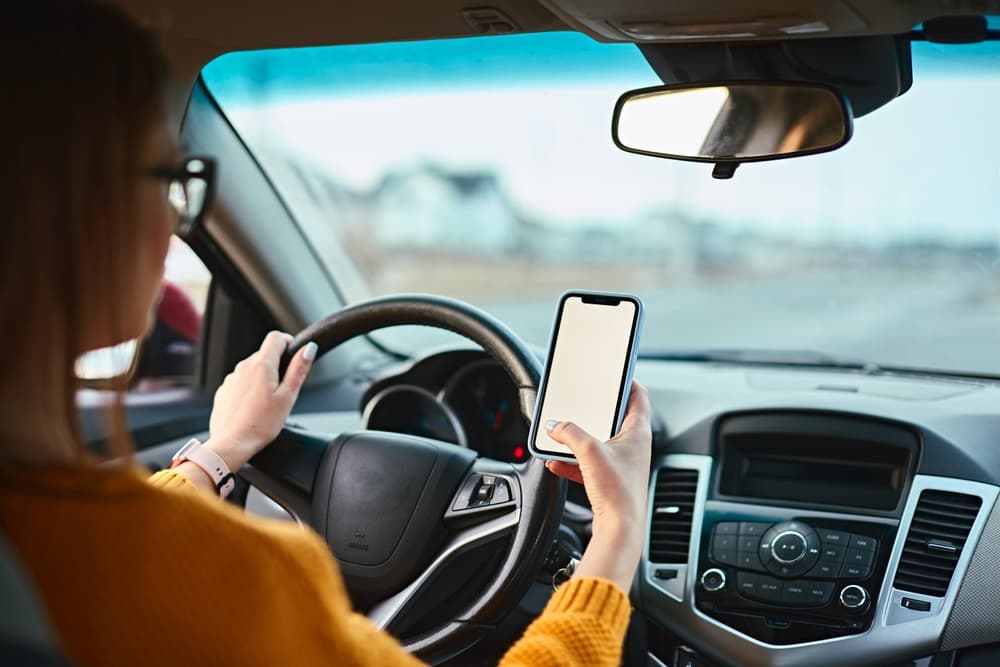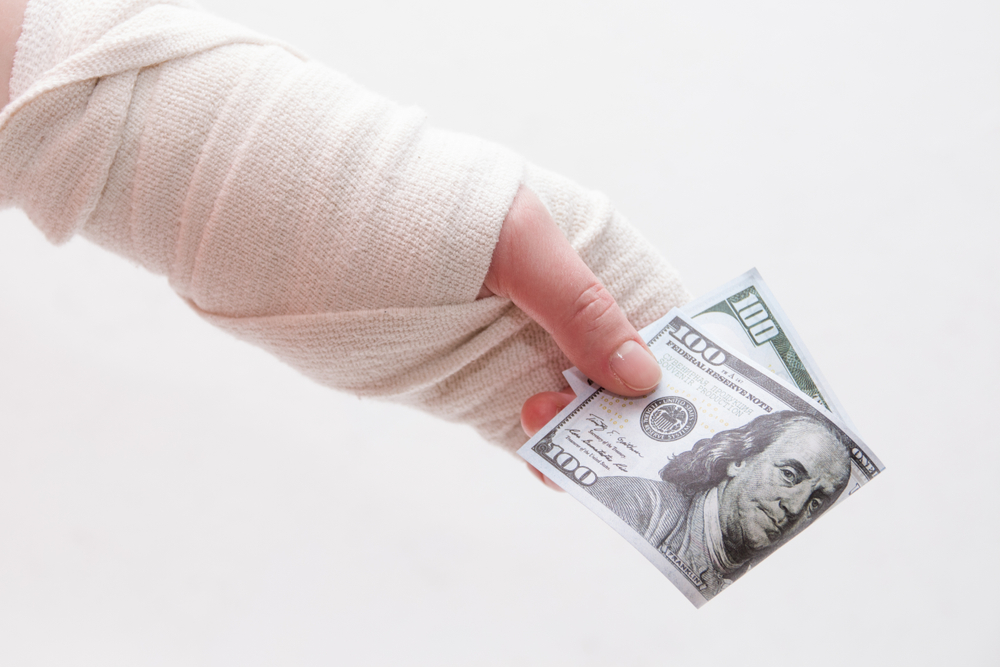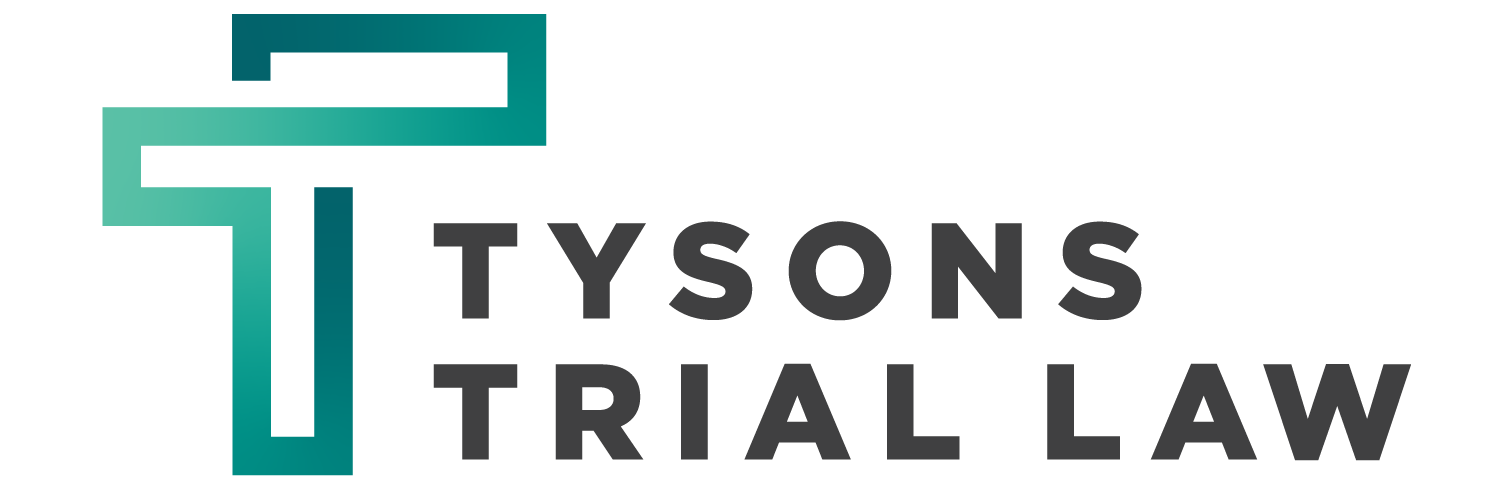Distracted driving has become an insidious epidemic on our roads and highways. At first glance, you might think you know what it means – checking your phone, fiddling with the radio, eating a meal.
But the truth is that distracted driving goes far beyond these apparent behaviors. Any activity that diverts your attention from the focused task of driving, even for just a few seconds, significantly increases your risk of a catastrophic accident.
The statistics don’t lie – distracted driving has become one of the leading causes of injuries and fatalities nationwide. Thousands of lives are being forever altered each year due to these deadly lapses in concentration.
A momentary glance away from the road ahead can instantly turn a routine commute into an unimaginable tragedy.
But numbers alone can’t convey the devastation families experience when they receive that phone call. The crushing loss, the overwhelming grief, the emotional and financial tolls – all caused by someone’s negligent choice to drive distracted.
Our McLean car accident lawyers will break down the facts on distracted driving to help you decide what to do if a distracted driver hits you.
Types of Distracted Driving
Distracted driving takes many forms, each posing a significant threat to the safety of drivers, passengers, and pedestrians.
Here are some of the most common types of distracted driving:
Visual Distractions:
- Taking your eyes off the road for even a split second can have catastrophic consequences.
- Examples include reading or sending text messages, adjusting the GPS, applying makeup, or gawking at an accident on the side of the road.
Manual Distractions
- Removing your hands from the steering wheel compromises your ability to control the vehicle effectively.
- Common manual distractions include eating, drinking, adjusting the radio or music player, or retrieving an object from the floor or backseat.
Cognitive Distractions
- Even if your eyes are on the road and your hands are on the wheel, your mind can still be preoccupied with other thoughts or tasks.
- Examples include intense conversations (in person or on the phone), daydreaming, or focusing too intently on an emotionally upsetting event or situation.
Technology-Related Distractions
- Electronic devices, such as smartphones, tablets, and in-vehicle technologies, pose a significant risk of distraction.
- Activities like texting, browsing social media, watching videos, or programming a navigation system can severely impair a driver’s attention and reaction time.
Passenger-Related Distractions
- Loud conversations, unruly children, or even well-behaved passengers can divert a driver’s attention from the road.
- Interacting with passengers can lead to cognitive and visual distractions, especially in stressful situations.
Getting distracted while driving can lead to some pretty serious outcomes. Accident survivors shouldn’t have to pay the price.
Legal Options After a Distracted Driving Accident
After an accident caused by a distracted driver, you have several legal options for seeking compensation and holding the responsible party accountable for your injuries.

Consult a personal injury attorney to explore the specifics of your case, but generally, your options include:
- Filing an Insurance Claim: The first step often involves filing a claim with the at-fault driver’s insurance company. This covers medical bills, lost wages, and property damage.
- Personal Injury Lawsuit: If the insurance claim does not fully compensate for your losses, or if the insurance company denies your claim, you may consider filing a personal injury lawsuit against the distracted driver.
In a lawsuit, you seek compensation for a broader range of damages, including pain and suffering, loss of enjoyment of life, and future medical expenses.
- Negotiation and Settlement: Many personal injury cases are resolved through a settlement before trial. Negotiation can result in a mutually agreeable compensation amount without a court case.
Your attorney handles negotiations to protect you.
- Mediation or Arbitration: Some cases may go through alternative dispute resolution methods like mediation or arbitration.
It’s less formal and faster than traditional court proceedings but still results in a legally binding decision or settlement.
- Pursuing a Claim against Additional Parties: In some cases, you can hold other parties besides the distracted driver liable. For example, if the driver was at work during the accident, you can hold their employer responsible.
Or, if a vehicle malfunction contributed to the accident, you might have a claim against the manufacturer.
- Criminal Charges: While not a direct legal option for you to pursue compensation, it’s worth noting that if the distracted driving was particularly reckless, the driver might face criminal charges.
This indirectly supports your civil case by establishing fault.
The most important things to remember at this juncture:
- Gather Evidence: Collect as much evidence as possible, including police reports, witness statements, medical records, and any evidence of the driver’s distraction (like phone records).
- Understand Statutes of Limitations: Be aware of the time limits for filing a lawsuit in your state. Waiting too long prohibits you from pursuing legal action.
- Consult an Attorney: Personal injury laws are complex, and the strategies for maximizing compensation vary widely based on the specifics of your case.
An experienced attorney guides you through the legal process, advocates on your behalf, and helps you navigate the challenges that always arise.
Remember, each case is unique, so the best course of action depends on the specifics of your situation. You need legal advice tailored to your circumstances.
Recoverable Damages
When injured in a distracted driving accident, victims may recover damages, which cover the vast impact of the accident on their lives.
Economic Damages:

- Medical expenses, including both immediate and ongoing care
- Rehabilitation costs
- Lost wages for time off work
- Future loss of earning capacity if the injuries affect long-term workability
- Repair or replacement costs for your vehicle and any other damaged property
Non-Economic Damages:
- Pain and suffering
- Emotional distress
- Loss of enjoyment of life
- Loss of companionship or consortium, reflecting the impact on relationships
Punitive Damages:
- Awarded in cases of particularly reckless behavior as a punishment and deterrent.

These categories encompass the compensation distracted driving accident survivors can seek, recognizing the accident’s tangible and intangible effects.
The effects of distracted driving accidents last long after the accident ends. The impact of some injuries lasts a lifetime.
A personal injury attorney in McLean will listen to your story and tell you how to get fair compensation.
